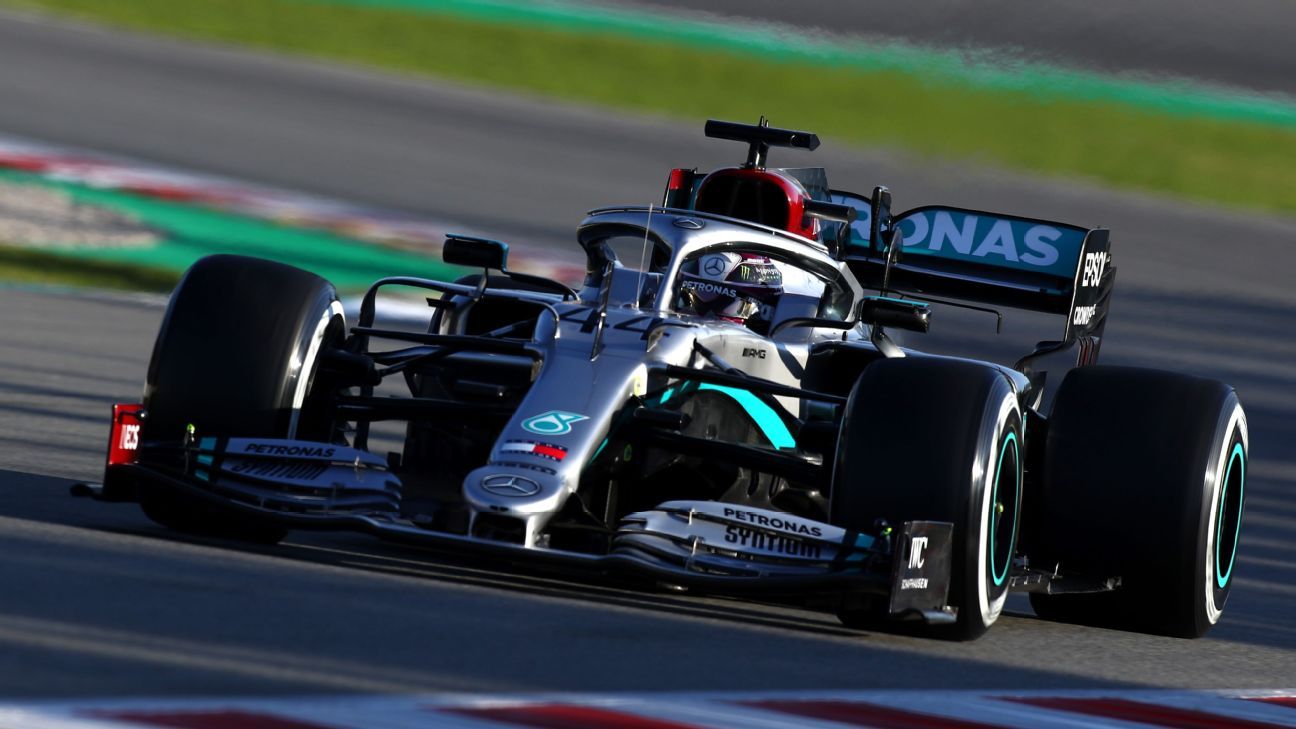In the space of just ten days, University College London (UCL) and the Mercedes’ Formula One engine department were able to reverse engineer a breathing aid so that it can be rapidly produced to treat coronavirus patients.
The device, known as Continuous Positive Airway Pressure (CPAP), is the sort regularly used by the NHS to support patients with breathing difficulties.
The sharp rise in severe cases of COVID-19 means the NHS is at risk of encountering a shortage in ventilators over the coming weeks, and the U.K. government recently called on industry to help increase the production of such equipment. F1 collectively answered that call under the banner ‘Project Pitlane’, with all seven U.K.-based teams offering their expertise to help the cause.
Since March 18, Mercedes High Performance Powertrains (HPP), which supplies engines to the Mercedes F1 team, Racing Point and Williams, has been working with UCL to help scale up the production of CPAP machines. Starting by disassembling an off-patent device, the team at UCL managed to reverse engineer the design in less than 100 hours so that it is better suited for rapid mass production.
The new CPAP design has already been approved for use by the NHS and is being prepared for rapid rollout to hospitals around the country.
“Given the urgent need, we are thankful that we were able to reduce a process that could take years down to a matter of days,” Professor Tim Baker (UCL Mechanical Engineering) said.
“From being given the brief, we worked all hours of the day, disassembling and analysing an off-patent device. Using computer simulations, we improved the device further to create a state-of-the-art version suited to mass production.
“We were privileged to be able to call on the capability of Formula One – a collaboration made possible by the close links between UCL Mechanical Engineering and HPP.”
Mercedes HPP boss, Andy Cowell, added: “The Formula One community has shown an impressive response to the call for support, coming together in the ‘Project Pitlane’ collective to support the national need at this time across a number of different projects.
“We have been proud to put our resources at the service of UCL to deliver the CPAP project to the highest standards and in the fastest possible timeframe.”
CPAP machines have been used extensively in hospitals in Italy and China to help Covid-19 patients with serious lung infections to breathe more easily, when oxygen alone is insufficient. They work by pushing an air-oxygen mix into the mouth and nose at a continuous rate, keeping airways open and increasing the amount of oxygen entering the lungs.
Reports from Italy indicate that approximately 50 percent of patients given CPAP have avoided the need for invasive mechanical ventilation, which delivers breaths directly into the lungs but requires heavy sedation and connection to a tube placed into the patient’s trachea.
